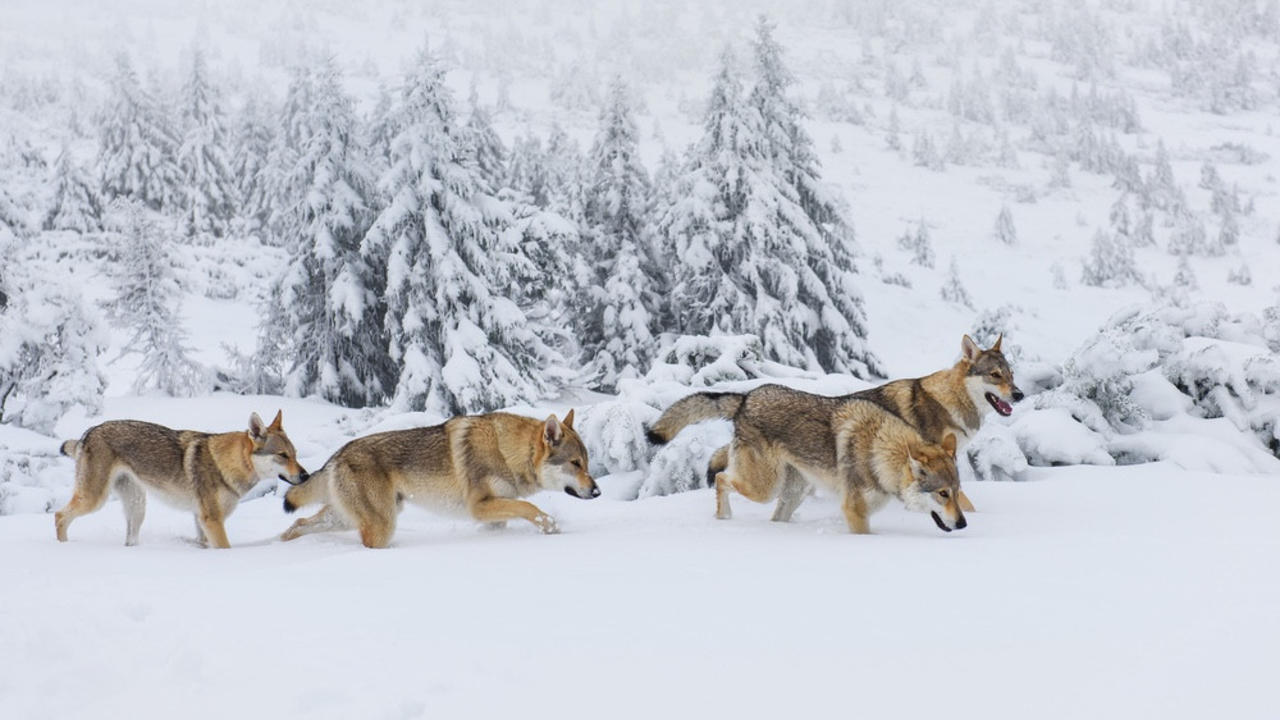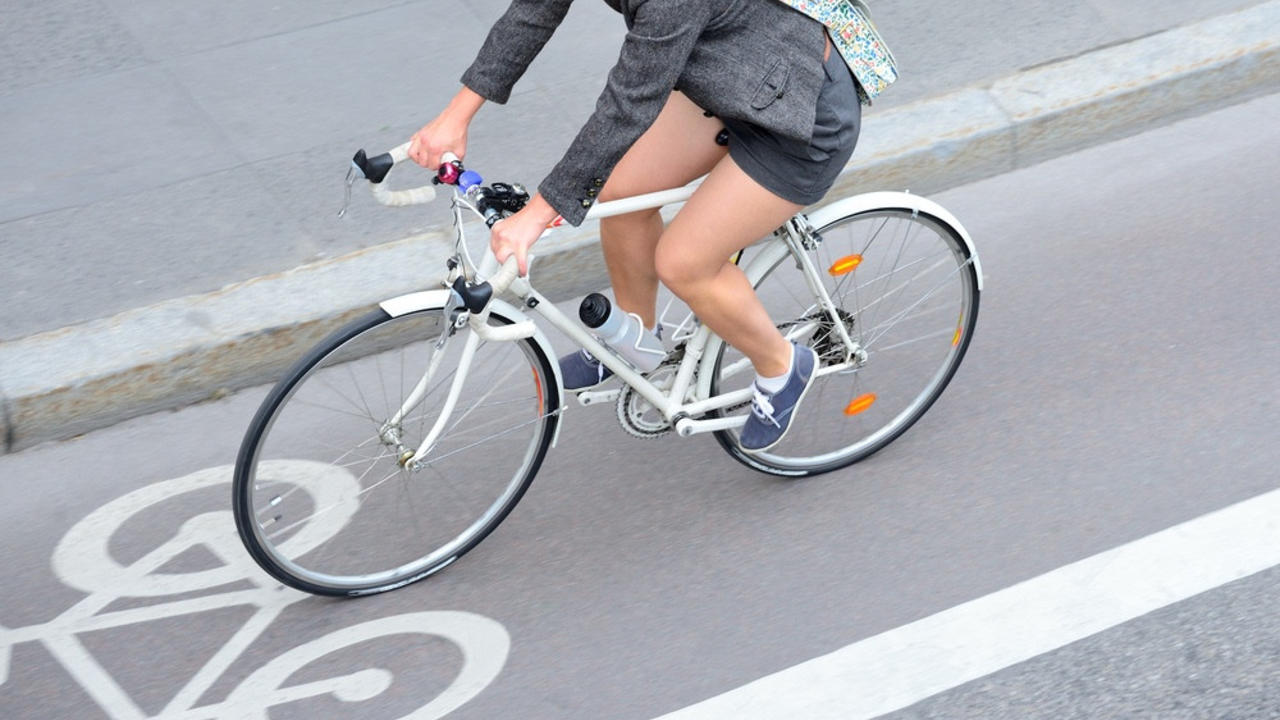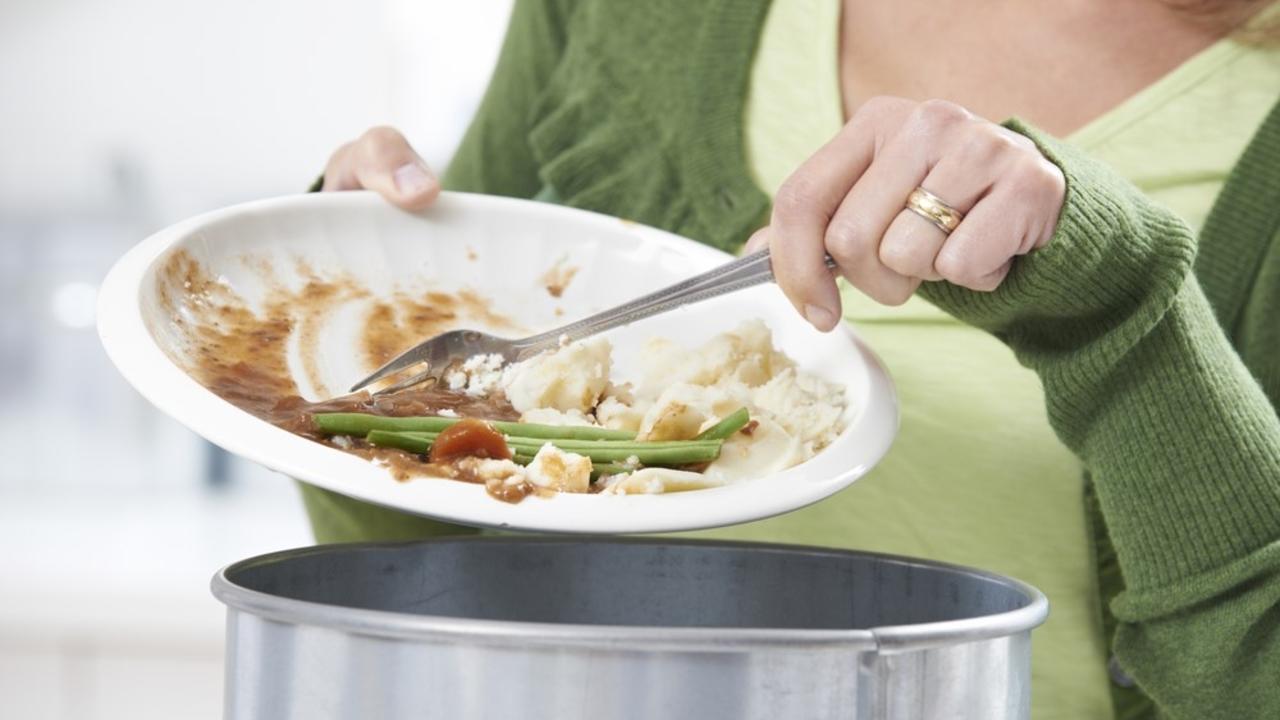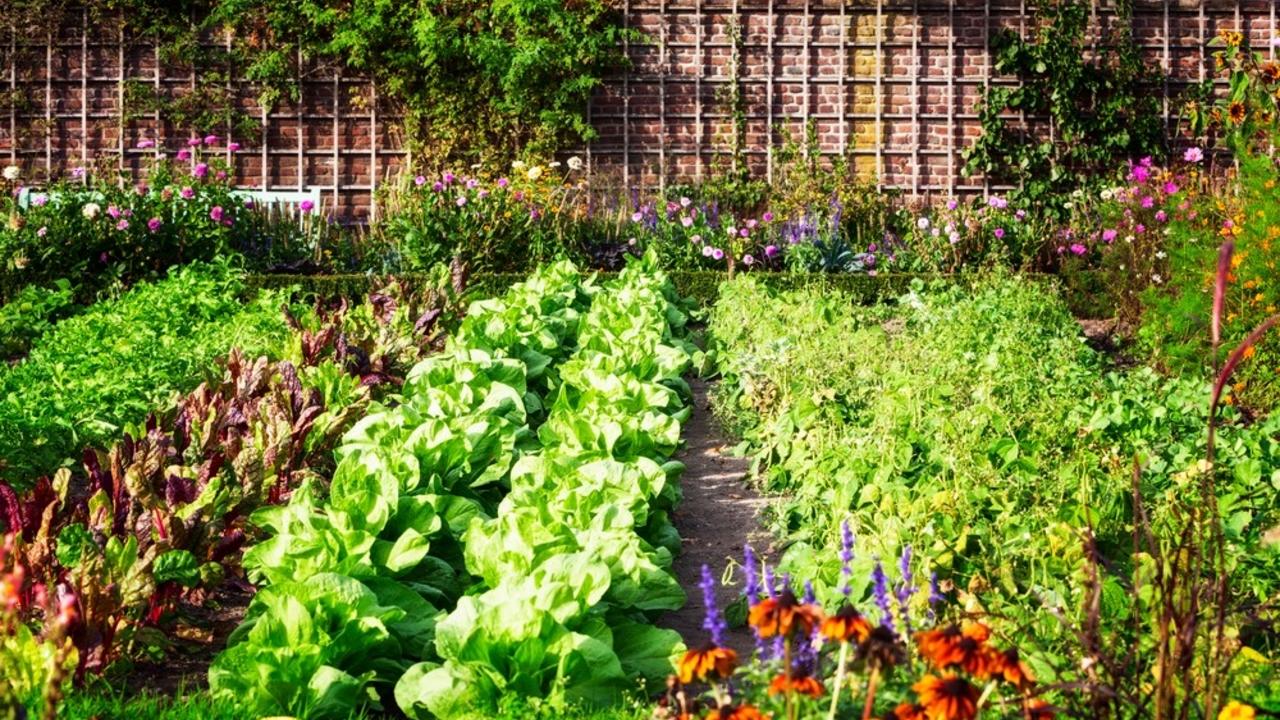Sustainable wellbeing and green living
Let's find ways to Flourish!
Grandmothers Advocacy Network

Creativity and Passion Unleashed in Older Women
While the later years of life may be seen by younger generations as a quiet time for pursuing hobbies and spending time with grandchildren, the Grandmothers Advocacy Network (GRAN) and similar organizations are turning that stereotype on its head by showing the world they are powerful activists and a strong political force for change! This network of grandmothers from across Canada are raising their voices and using their depth of expertise to advocate for a better world, especially for vulnerable children and for grandmothers across sub-Saharan Africa.
The United Nations Universal Declaration of Human Rights outlines the obligations of governments to promote and protect human rights for all individuals across the globe. Everyone is entitled to these rights, without discrimination. However, despite the presence of international human rights law, there are individuals, such as older women in sub-Saharan Africa, whose human rights are den...
Rewilding

What is rewilding?
Rewilding is an environmental conservation and restoration method that involves letting natural processes occur in order to reintroduce lost plant and animal species to their natural environments and restore degraded landscapes. This process allows nature to manage itself, creating healthy and biodiverse habitats for native species. Over time, human settlement has created a significant impact on the environment through processes such as urbanization, agriculture, pollution, and deforestation. The natural species and functions of the land are altered by human presence, whether it is intentional or not. For example, the Tall Grass Prairie, which once extended from southern Manitoba, Canada to the Texas border in the U.S., is now considered an endangered ecosystem due to agriculture and urbanization. This resulted in a significant loss of native plant and animal species that were once abundant throughout North America. Rewilding can help nature recover and re-assert na...
Dedicated Cycling Lanes

Cycling and safety
One of the largest barriers to cycling as a means of transportation is safety. According to the British Medical Journal, non-cyclists most often cite fear of motor traffic as a reason for choosing not to ride a bicycle. It is true that cycling on the roadway can be daunting, as many cities and roads are designed for motorized vehicles, leaving little room and consideration for cyclists. In fact, around 7,500 cyclists are seriously injured every year in Canada. Even with the proper protective gear, sharing a road with motorized vehicles can be risky. The size difference between motorized vehicles and bikes can mean that cyclists are less visible and can often find themselves in the blind spot of a motorist. This visibility issue is heightened by the fact that there are much fewer bicycles on the road compared to motorized vehicles. When you add in the speed differences between automobiles and bicycles, you can see that without proper cycling infrastructure, bike-car ...
Pot-in-Pot Refrigerator

Photo credit: Peter Rinker
Rethinking the refrigerator
Cycling refrigerant throughout a refrigeration system, the process which occurs in modern day refrigerators, isn’t the only way to keep food cool. Keeping food cool is important in order to reduce the rate of harmful bacteria growth and keep your food from going bad. While modern refrigerators may seem like one of the most common and useful methods of food preservation, the truth is that these types of refrigerators not only have a negative effect on the environment, but they are also not accessible to many people. Refrigerators that were made prior to 1995 may contain hazardous materials such as chlorofluorocarbons, greenhouse gases, and ozone depleting substances. New refrigeration appliances, although they have improved, still contain greenhouse gases called hydrofluorocarbons which have the ability to trap heat in the atmosphere and contribute to global warming. Additionally, refrigerators can consume copious amounts of elect...
Rethaka Repurpose Schoolbags

Photo credit: Atlas of the Future
Thato Kgatlhanye is the founder of Rethaka Repurpose Schoolbags, an eco-friendly South African company which repurposes plastic bags by turning them into backpacks for school children. Rethaka Repurpose Schoolbags started as an assignment for a design course in college. This assignment encouraged students to design one single product which will provide a solution to three of the most prevalent social issues in the town of Rustenburg, South Africa. These three issues are plastic pollution, unemployment, and lack of electricity. This college project resulted in the idea for Repurpose Schoolbags, a practical solution to plastic pollution while making it easier for children to attend school. Repurpose Schoolbags has since become the first green initiative from Rethaka, a social startup that was created by Thato Kgatlhanye and Rea Ngwane.
Enhancing education and promoting safety of schoolchildren
The Repurpose Schoolbags not only improve the environment ...
Remote Solar

What is remote solar?
Remote and off-grid solar systems provide energy opportunities to areas in which traditional power lines do not exist. This may be because traditional power lines are too expensive to implement, or they are simply impractical to construct within the given area. The main component of a remote solar panel system is the solar panels which produce a certain amount of power depending on their specifications such their as voltage and wattage. How do solar panels work? Solar energy is a clean and renewable energy source which comes from the sun. It can be harnessed and converted into useable energy through the use of photovoltaics. Incoming sunlight hits a semiconductor material that is used within a solar panel and knocks electrons loose. When these electrons are set in motion, they generate an electric current that can be captured. This current is then converted by the solar inverter into the type of electricity that can be used within the electric grid.
Remote solar...
Restaurants Ditching Plastic Straws

Single-use plastic straws are commonly found in restaurants, coffee shops, smoothie bars, cafés, and many other establishments. While they have become a cornerstone of modern convenience, single-use plastics, including plastic straws, have a significant negative impact on the environment. They are a part of the vast amounts of plastics that pollute land and waterways each day. Ditching straws is one step in the right direction of moving away from single-use, low-value plastics that serve only momentarily and create lasting environmental devastation.
How do plastic straws impact the environment?
Although plastic straws are often made from polypropylene plastic which is recyclable, the sorting process at recycling facilities and presence of contaminants prevent plastic straws from being recycled. Plastic straws are often too small to be picked up by the conveyor belts which separate the recyclable content from the non-recyclable content at recycling plants. This means that they get los...
Farm-to-Table

When you sit down for a meal, are you able to identify where each food item on your plate came from? Do you know the food’s country of origin, the location of the farm from which it was grown, or the names of the farmers who grew it? For most of us the answer is generally, “no”. As consumers we have become more and more detached from the food we consume, and we generally have no idea where our food actually comes from.
Our relationship to food
When walking into a grocery store or having your food served to you at a restaurant, it may seem like the produce and food products have arrived there by magic. Of course, people know that the food presented before them has been grown by farmers, processed, packaged, and delivered to stores, but there is often a severe lack of understanding about the agricultural process. Details about how the food was grown, who grew it, and how it was harvested are often unknown by us, the consumers, and contributes to the disconnect between people and the fo...
Decreasing Food Waste

What is food waste?
Food waste is edible portions of food that are thrown away or allowed to go bad. On an individual level, this may look like the crusts of your sandwich that you cut off, that last bit of pasta you couldn’t finish, or the cheese in your fridge that got mouldy over time. On a larger scale, food waste includes food that spoils during transportation, crops that are too “ugly” to make it to the market, uneaten portions of food at restaurants, and large quantities of expired waste that is thrown out at retail locations. The term food waste does not include inedible parts of your food such as peels, rinds, and husks.
Environmental and social impacts of food waste
The issue of food waste is a significant one, as approximately one third of all the food produced for human consumption is wasted. This equals roughly 1.3 billion tonnes of wasted food. Not only is this an issue due to the fact that individuals are going hungry while this food is wasted, but food waste has a si...
Permaculture

Permaculture is a holistic worldview and design principle that aims to meet human needs by modeling human developments after natural systems. This ensures that humans work with nature instead of against it, resulting in the protection and health of natural systems. This principle is important, as we must move beyond sustainability and become restorative to nature. Using permaculture designs, human-made systems function in a way that enhances the natural world.
This term was first coined in 1978 by Bill Mollison, a lecturer in Environmental Psychology at University of Tasmania, Australia, and David Holmgren, a graduate Environmental Design student at the Tasmanian College of Advanced Education. The term permaculture comes from the amalgamation of the words “permanent” and “agriculture,” and later, “permanent” and “culture.” While the term originally just focused on the concern for creating an agricultural system that would be sustainable over a long period of time, its meaning evolved ...

